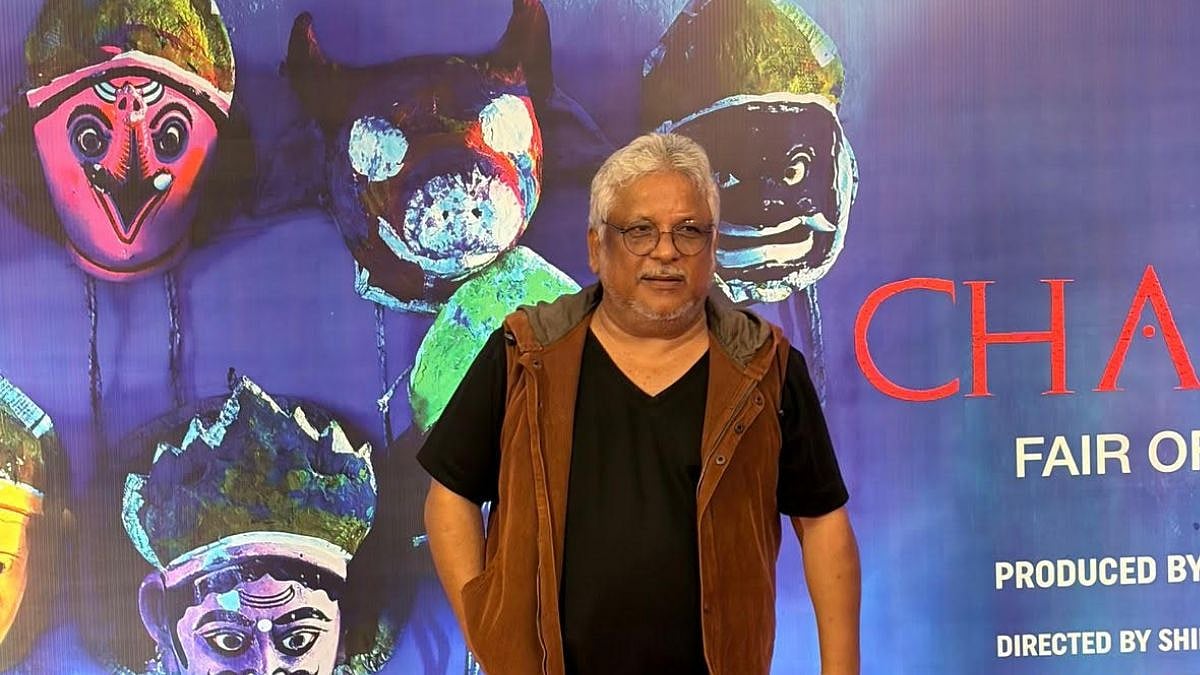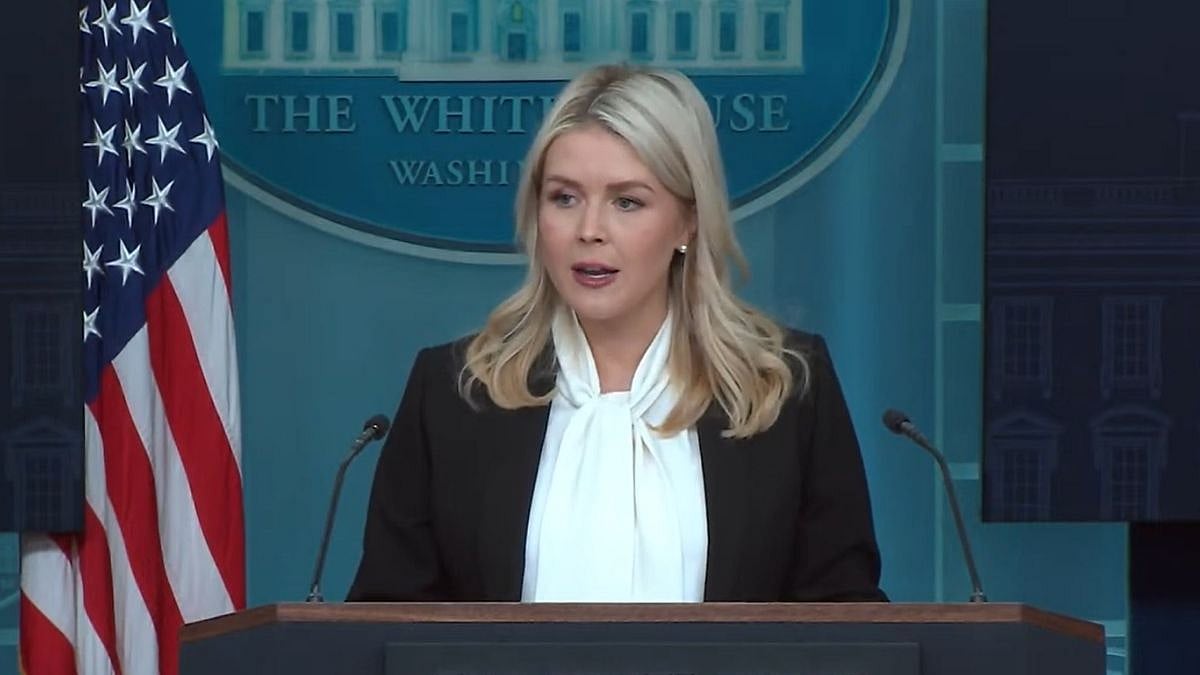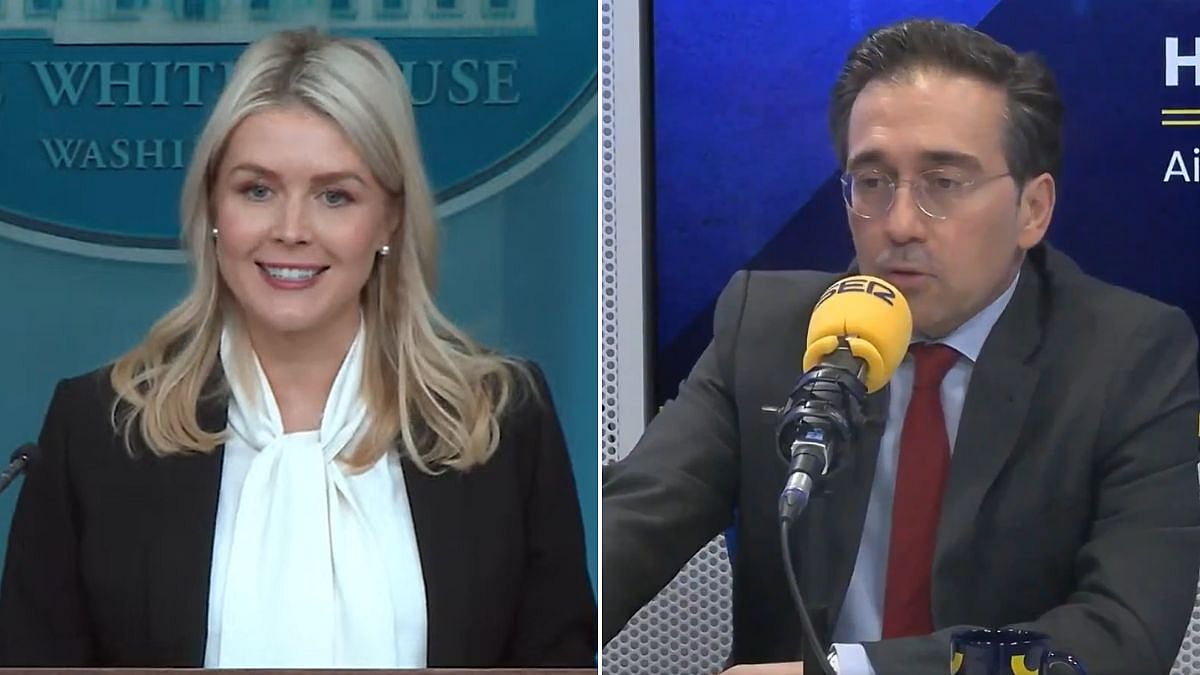It is impossible to predict how the fast-changing political developments in Pakistan would ultimately end. Those who expected the five-member Bench of the Supreme Court headed by Chief Justice Umar Ata Bandial to give a quick verdict have been disappointed. The court will now go into all the details of the no-confidence motion moved against the government led by Imran Khan before giving its verdict. When the Chief Justice initiated suo motu action on the petitions the court received, everybody expected it to pronounce whether Deputy Speaker Qasim Suri’s decision to dissolve the National Assembly was right or wrong. In politics, as in judicial matters, there is seldom a yes or no answer. In the event, the court finds that the dissolution is illegal, it has to order reconvening of parliament and hold a debate and, eventually, a vote on the no-confidence motion. It is as clear as daylight that Imran Khan does not enjoy a clear majority in parliament and if a vote is held, he will lose power. His attempt, therefore, has been to overcome the challenge through unconstitutional means like the dissolution of the National Assembly and the holding of elections in three months’ time. His claim that powers were inimical to him was bolstered by his presence in Moscow, the day Russia invaded Ukraine does not have many takers. Ordinarily, a government that loses the confidence of the House has no moral or legal right to continue. But to expect Pakistani political leaders to uphold constitutional norms at all times is not to understand them or the nature of politics in Pakistan. What Khan overlooked is that only a government that enjoys majority support in the House has the right to dissolve the House and order an election.
It should be said in fairness to the Supreme Court that it has at times shown remarkable courage and determination to take a judicial stand on certain political issues. Seen against this backdrop, it is unlikely that the caretaker prime minister is allowed to get away with the murder of the House. His recommendation to have the former chief justice of Pakistan Gulzar Ahmed as the caretaker prime minister till the elections are held is also a subtle way to influence the verdict in his favour. He wants to give the Supreme Court a fait accompli, whereby it does not reconvene the “outgoing” parliament to debate the no-confidence motion. Constitutionally, once a no-confidence motion is moved against a government, it ceases to have the right to take any major decision before the motion is admitted, debated, and a vote is taken on it. It is in this context that Imran Khan’s response to the motion can only be considered too clever by half.
Pakistan has a long way to go before it can claim itself to be a democracy. That no prime minister has been able to complete his or her full term since the creation of Pakistan in 1947 speaks volumes about democracy not establishing its roots. While India had a stable democratic system in place except for a very brief interlude when Indira Gandhi as prime minister imposed an Emergency on the nation and tried to extend the life of Parliament, Pakistan had for long been ruled by the military. There is no doubt that the military, which every able-bodied young man in Pakistan aspires to join as a soldier or an officer, is the unifying force in the country. Small wonder that the people, too, look up to the Army to intervene in critical periods of Pakistan’s history. The Army is not always the sole villain of the piece. What is overlooked is that the political parties have at times tried to curry favour with the Army for their own benefits. It does not matter to them that once the Army leadership knows the weakness of the politicians in power, the former will try to extract its pound of flesh. In the ongoing tussle for political supremacy, it is not known what exact role the Army has played to destabilise the Imran Khan government. It will not be an exaggeration to say that the US also plays a significant role in Pakistani politics. It would not have been difficult for the US to raise questions about Imran Khan’s presence in Russia on February 23-24 when Russian President Vladimir Putin gave the finishing touches to his plan to finish Ukraine.
That Putin’s gamble has failed to pay off and Imran Khan, too, finds himself with egg on his face are not just coincidences. There is much more to it than meets the eye. Be that as it may, now that Imran Khan has reconciled himself to losing power, the only logical option is to let a new interim government manage Pakistan till elections are held and a stable democratic government is formed.




